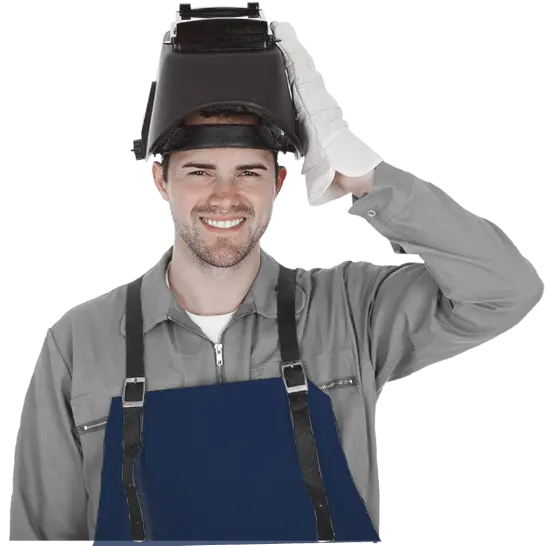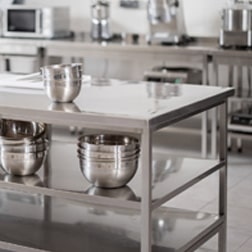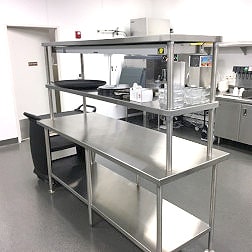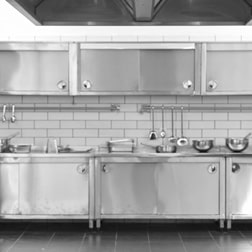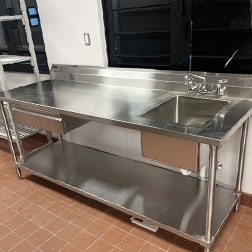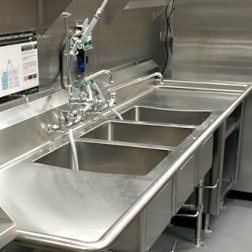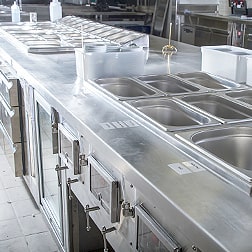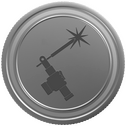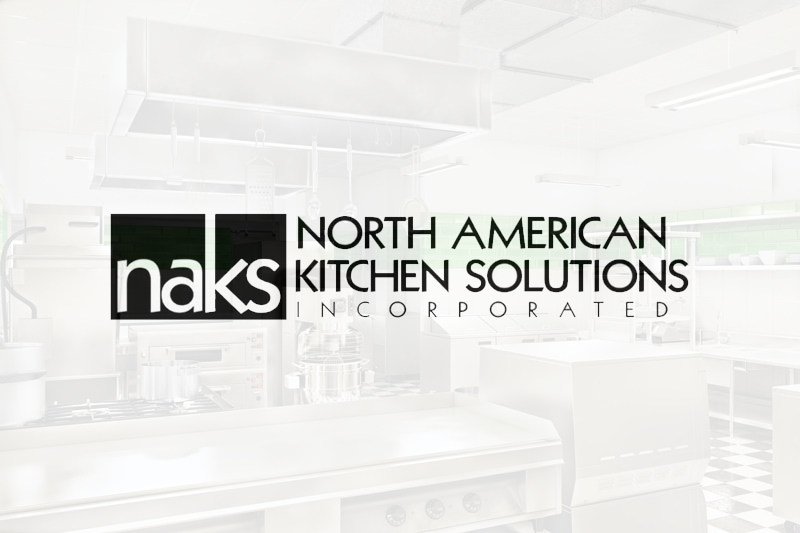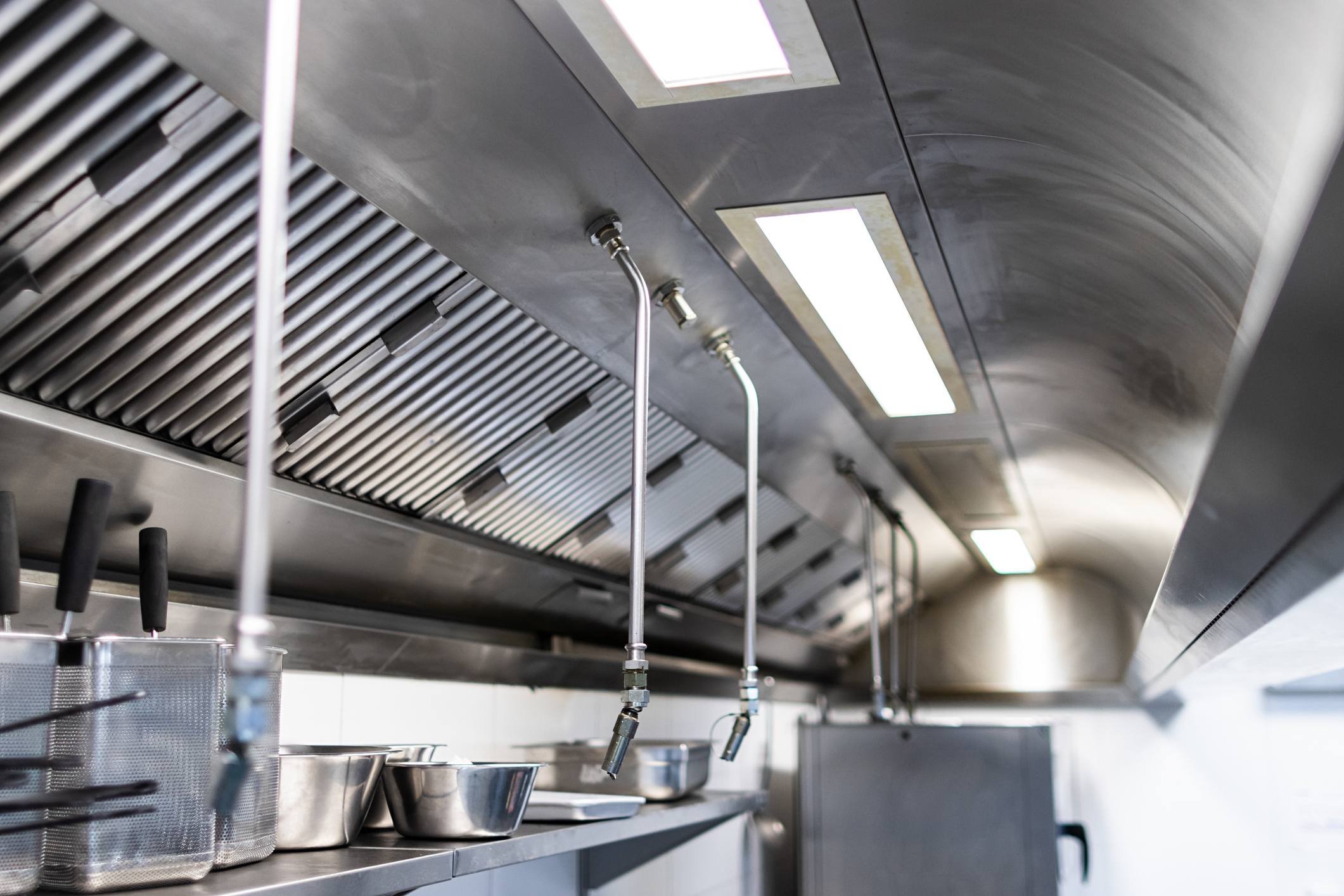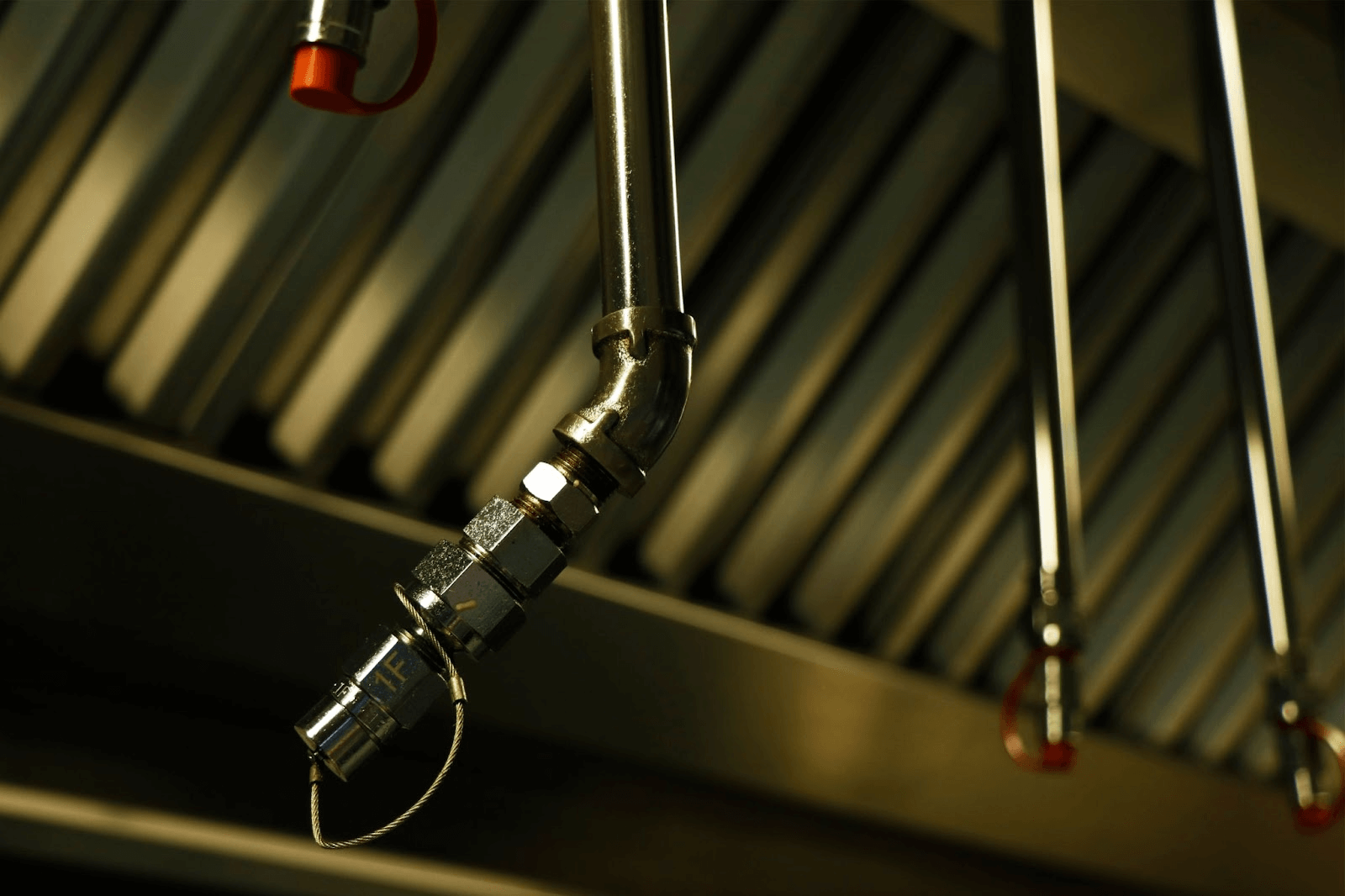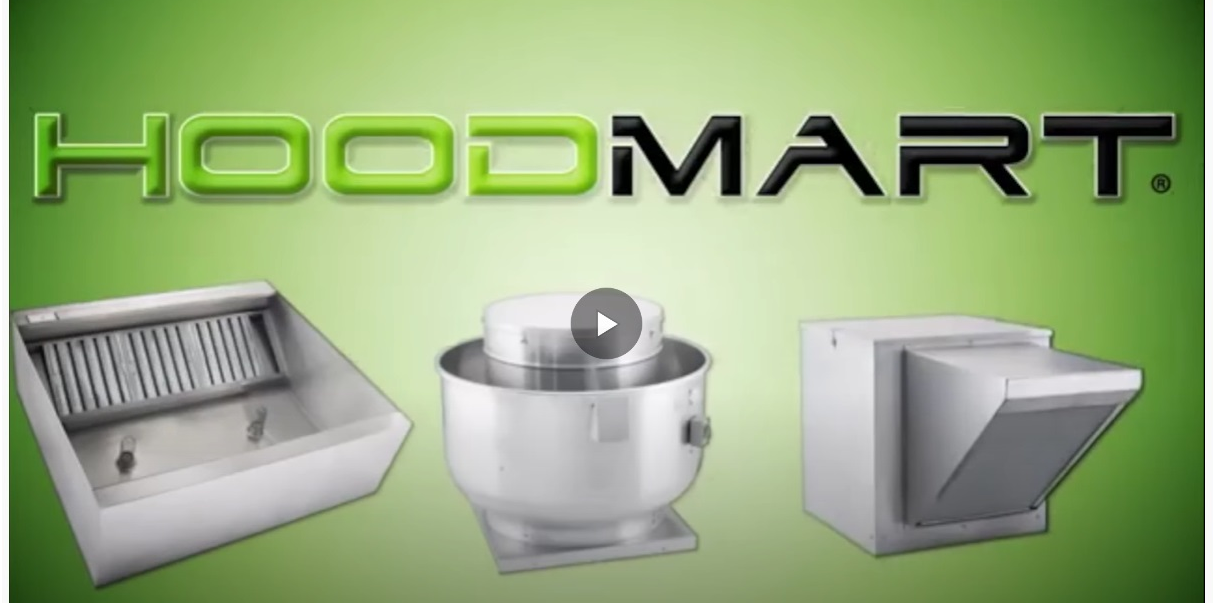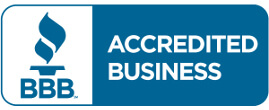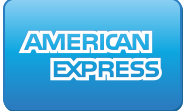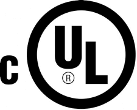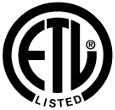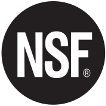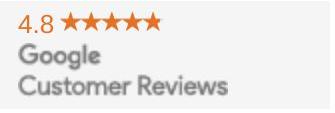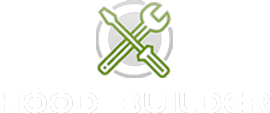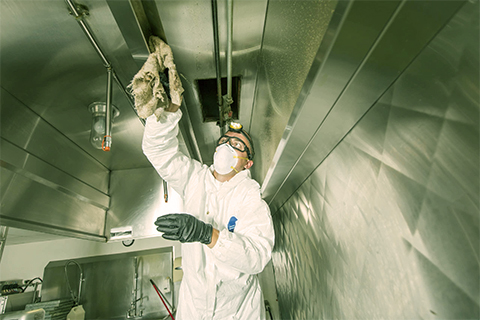
Keeping up with the cleanliness of any commercial kitchen space can be a daunting task, but a clean operation is a smooth operation. Not only are kitchen and hood cleanings required to pass inspection and be up to inspection code, but it keeps your kitchen appliances running smoothly and efficiently. A hood system needs cleaning just like the rest of the kitchen appliances, and here are some frequently asked questions that may help answer some hood cleaning questions you may have.
1) How Often Should My Exhaust Hood Be Cleaned?
Every restaurant is different, and the hood cleaning frequency is based around the volume and cooking type of the particular kitchen. For solid fuel cooking operations a monthly professional cleaning is required, while a high-volume cooking operation using charbroiling or wok cooking is required to have a professional cleaning every quarter. A moderate-volume kitchen can get semi-annual cleanings, and low-volume cooking operations such as seasonal businesses, senior living homes, churches, and day camps can get away with one yearly cleaning.
2) What Risks Come With Non-Regular Hood Cleaning?
Not only do you risk fines and temporary kitchen closings by not staying up to date on your professional hood cleanings, but you also put the health and safety of your kitchen staff and patrons at risk as well. A hood system that is not properly maintained can result in fires, unsafe air quality, property damage - all which can lead to temporary closure of business, getting dropped by your insurance, and more.
3) What Is Included In A Professional Hood Cleaning?
Hiring a professional, certified hood cleaning business should not only entail a full system cleaning of the exhaust hood, filters, air ducts, and fans, but should also include cleaning of the rooftop access panels, equipment review and repairs if needed, equipment line cleaning, regular maintenance such as belt replacements and lubrication of fan parts, etc. In the end they should provide you with full documentation of the cleaning to serve as proof of the cleaning that can be presented to any inspectors to prove your exhaust hood cleanings are up to date.
4) What Equipment Does NFPA 96 Require For My Exhaust Hood System?
With NFPA 96 you are required to have rooftop access panels for each exhaust fan, as well as hinge kits installed for every upbeats fan. This allows for direct access to maintain and clean the exhaust fans, less wear and tear on fan belts and bearings, and keeps you up to code with NFPA 96.
We always suggest finding a local company that is highly regarded for their professionalism and their certifications. Making sure that your exhaust hood system is properly maintained and cleaned not only ensures that your kitchen space stays healthy and safe, but regular cleanings keep you up to code and keeps your kitchen equipment running smoothly and for a long life-span. HoodMart provides our customers with a wide range of exhaust hood systems - from Compensating (Short Cycle) to Perforated Supply Plenum (PSP) - as well as all exhaust hood accessories such as no-weld grease duct, hood filters, canopy hood lights, and curbs. We also offer a wide range of walk-in refrigeration systems to meet your needs. If you still have questions regarding the purchase of your hood system, please feel free to contact one of our experts today by calling us at 1.800.715.1014 or contacting us through our live chat system.


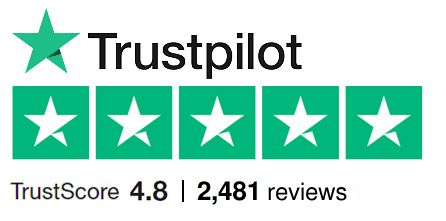



 CUSTOM FABRICATOR
CUSTOM FABRICATOR